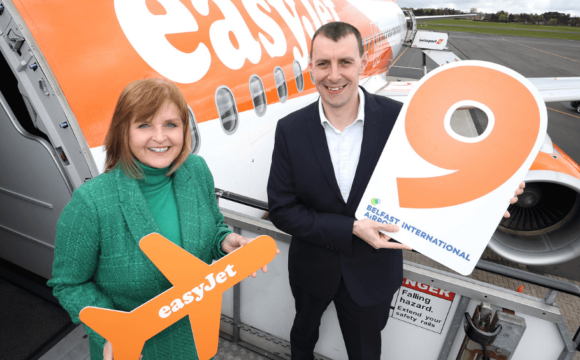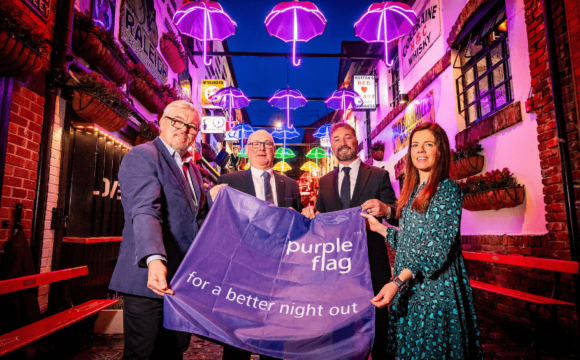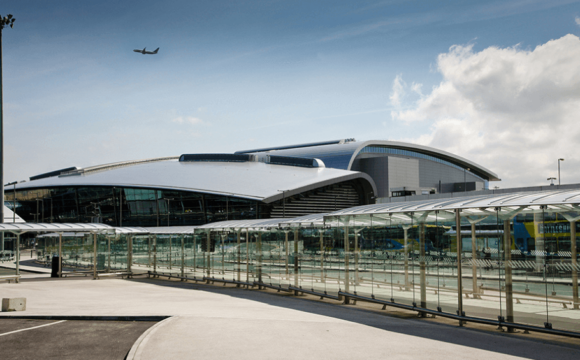The perception of B2B payments is evolving steadily as many begin to see more than just cost-saving opportunities through embracing new fintech services, comment four experts during a Phocuswright Europe session
Directly or indirectly, in business everyone wants to see the money. So why, historically, has it been so hard to get travel industry professionals to talk about B2B payments? This week at the Phocuswright Europe event taking place in Barcelona four industry experts on travel payments held a roundtable session to discuss just what lays behind that – and reflect on how that situation is evolving.
“In the past getting people to talk about B2B payments was like getting them to go to the dentist or file a tax return…in other words something that gets put off,” commented Spencer Hanlon from Nium, a global real-time payments platform that serves online travel agencies, hotels and airlines around the world.
Roberto Da Re from Travel Ledger – a B2B Billing and Settlement company – adds: “No one came into the travel industry to talk about payments, and we get that. They joined because of their passion for travel. And when it comes to B2B payments that’s even more unsexy, if that were possible. But everyone wants to get paid, right? Certainly, in my experience more and more are thinking ‘how can we make this less painful’ anyway.”
In fact, more and more travel companies are beginning to have those difficult conversations and progress is being made. “Particularly on the leisure side of the industry, there’s many forward-thinking companies embracing the new breed of fintech services that can resolve B2B payment problems and save money for travel businesses,” adds Spencer Hanlon, whilst pointing out that “not as many companies in the corporate travel space seem yet prepared to make that shift.”
Perhaps unsurprisingly, a starting point for many companies comes when they try to improve how they get paid. Will Plumer from Trust My Group – who specialise in travel payments and financial protection – reflects that “this is often an easy way to get the conversation going, most people can relate to how getting paid more quickly and with less costs involved is great for their business.” But this focus on getting paid can be a slightly imbalanced obsession for many and he adds that from there, it is important to switch the conversation to paying others, where the benefits are similar.
Whilst moderating the discussion, Pascal Burg from Edgar, Dunn & Company – strategy consultants experts in payments and fintech – raised the point that the international, cross-border nature of the travel industry places extra strains on payments processes when compared with industries that tend to be more locally focused, as payments processes are subject to more complexity such as varying rules and regulations in different countries. Overall, the panel agreed this adds challenges, but felt that nonetheless sufficient technology exists to surmount this challenge and too often companies had grown complacent with outdated, slow, and expensive legacy technology that they are reluctant to consider changing.
Meanwhile, a strong theme emerged from the discussion that slowly-but-surely travel businesses are starting to realise that getting payments right is not just about saving time and money, important as they are. “For too long, the view was that payments are simply a cost of doing business, something you had to put up with, a bit like the weather or something,” observed Roberto Da Re. “But now, we’re seeing more innovative companies realise that, especially for suppliers, B2B payments can make a real difference to their bottom line when done right.”
Will Plummer agrees, adding that “it is a mistake to view data and payments as two separate areas when in reality, there is a huge overlap and all that data sat there can be not only a means of introducing efficiencies if mined correctly, but additionally it can be a whole new revenue stream in itself. Who wouldn’t want that?”
Aside from a wide reluctance to address the topic internally, what are the biggest obstacles to change? Overall, the panel agreed that the biggest drag on payments systems in travel are antiquated legacy payment systems, often dependent on old-fashioned bank transfers. However, unlike many other tech challenges companies face where legacy systems are the building blocks of their technology and therefore hard to change, Nium’s Spencer Hanlon feels that this is not the case with payments mostly: “There’s some fantastic solutions out there that can be implemented quickly and with limited development costs, if any – virtual credit cards being the most obvious and easy to introduce answer for many companies with B2B payment needs. Grasp that nettle, you´ll be compensated for any pain right away.”
















